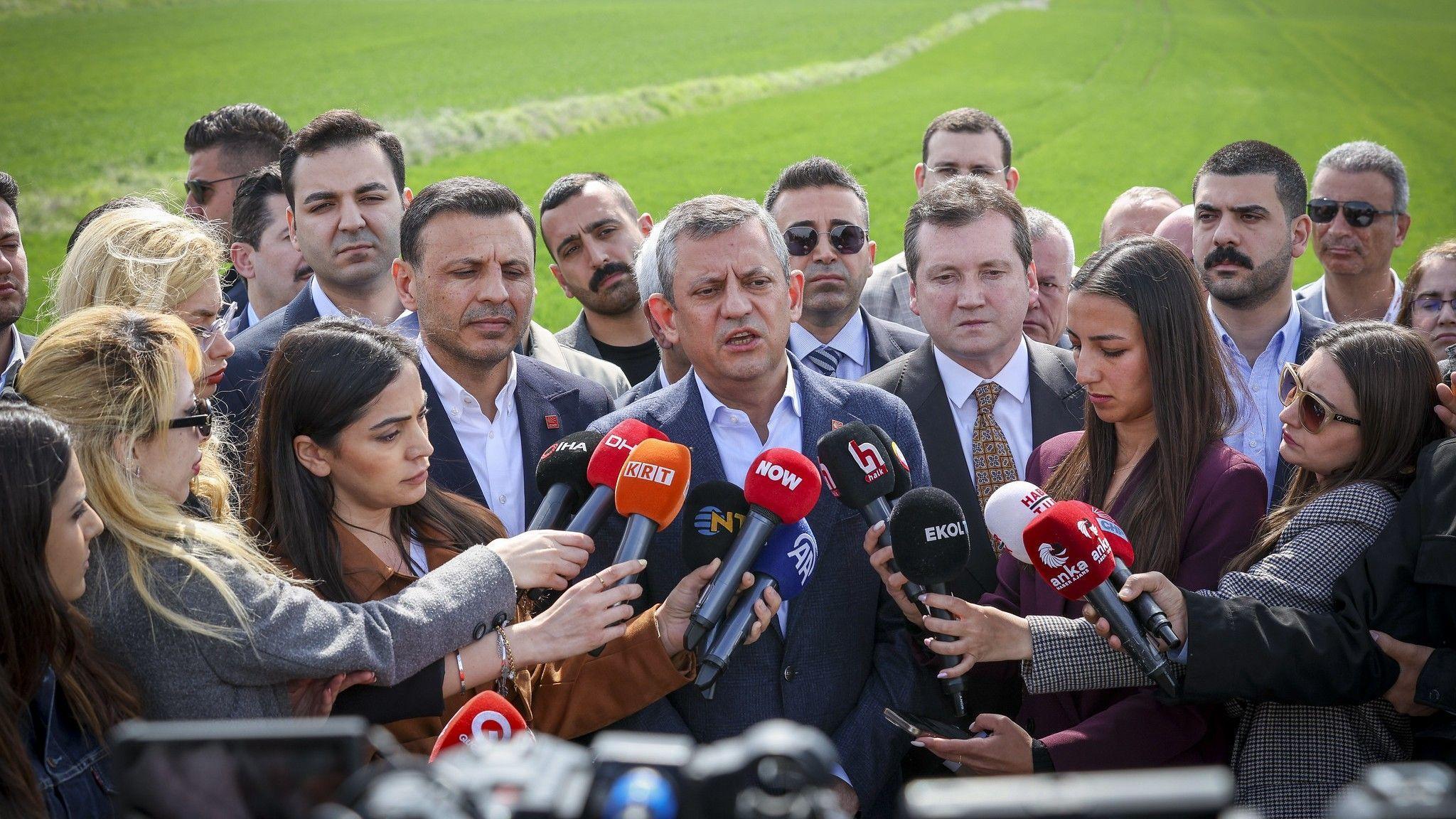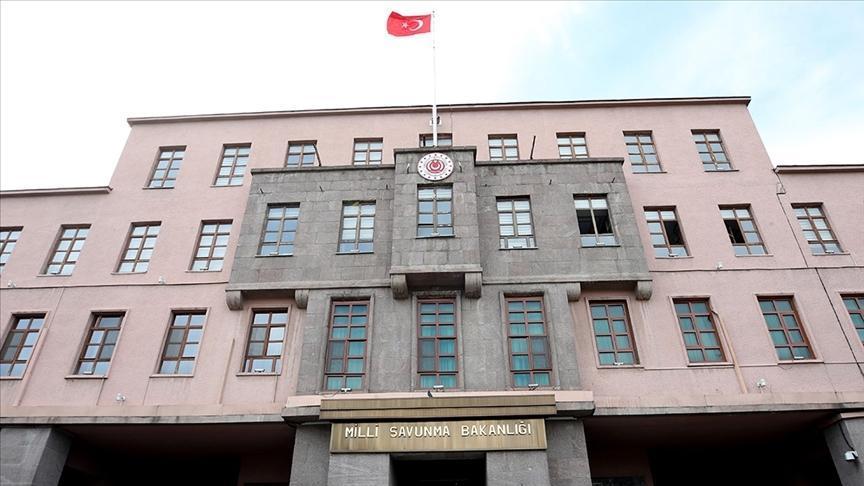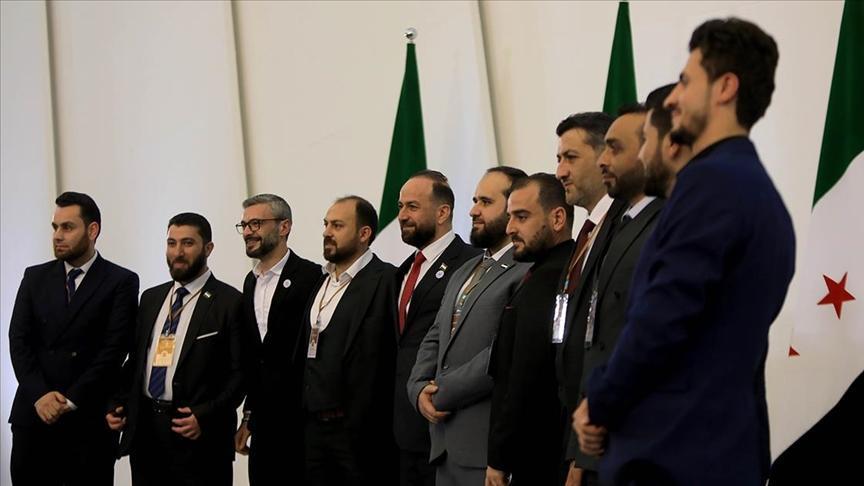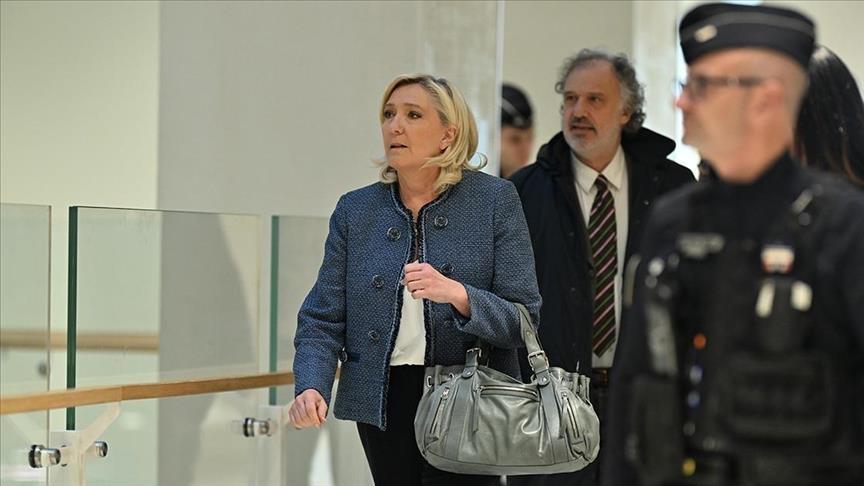Demirtaş, a Kurdish pop-star in Turkish politics
“I don’t think my wife is too pleased with this situation,” said Selahattin Demirtaş, the co-chairman of the Kurdish problem-focused Peoples’ Democratic Party (HDP), smiling shyly. “I don’t think I would be pleased if she was in my shoes either.”
These remarks came in response to a question during a live interview on Turkish private broadcaster NTV about his rising popularity. Demirtaş almost resembles a pop star. Before entering the studio there were groups of young men and women, mostly women, both outside and inside the building who were waiting to take “selfies” with him. A female colleague told me that she would probably not vote for Demirtaş but she definitely wanted a photo with him, as she found him “so cute.”
Men or women, even those who are against his political views, find Demirtaş sympathetic because of his always-smiling face and his mild attitude, even in the most heated debates. Many women find him handsome and charismatic.
This is not a very common situation in Turkey.
Over the last few decades, perhaps the only similar example was President Tayyip Erdoğan. I have witnessed a number of times during election rallies in conservative towns in Anatolia how covered women often shyly nudge each other with their elbows, giggling and casting their eyes toward Erdoğan as he delivered his speeches up on the podium. Tall, fair-haired, always ready for a fight, and with his wife always alongside him, Erdoğan probably symbolized for them something beyond his strong political stance.
It’s no surprise that more than 52 percent of the AK Parti’s votes come from women - the highest rate in Turkish politics so far.
Will the charm of Demirtaş help the HDP attract more women’s votes in order to exceed the unfair 10 percent national threshold and get into parliament?
As in the case of Erdoğan, Demirtaş also knows that without his party program and pledges, he would simply “be treated as an ordinary lawyer.” It is what he represents, combined with his appearance and stance, that gives him his charm. For example, the HDP is the only party in the Turkish system to use the co-chair system: In every position they have a male and a female party official together, and half of their candidates for the June 7 elections are women. Demirtaş’s co-chairwoman, Figen Yüksekdağ, is a Turkish-origin socialist.
The HDP is also different in other ways from its Kurdish-issue predecessors. The Kurdish problem is still a major item in its election manifesto, but it is no longer the only one. Demirtaş is always careful to place the issue in the context of a better democracy in Turkey. He knows that a “Kurds-only” agenda did not serve them well for many elections due to the burden of sharing the same grassroots with the outlawed Kurdistan Workers’ Party (PKK).
If the HDP succeeds in exceeding the 10 percent threshold with the help of Turkish socialists, liberals, and more votes from women, Demirtaş believes that it would lead to three consequences:
1- The resumption of HDP-facilitated dialogue between the government and the PKK.
2- An end to Erdoğan’s target of introducing a strong-presidential system with reduced checks-and-balances.
3- A “civilian and democratic” new constitution.
What if the HDP does not cross the threshold? What if the HDP gets stuck at 9.8 percent, or 60 seats in parliament, of which “58 could unfairly go” to the AK Parti, paving the way to Erdoğan’s super-presidency? During the interview, he asked: “Will you as journalists of this country stay silent regarding such a grave unjust?” He also vowed that he would resign from his post in the event of such a major failure.
After resigning he says the HDP would start a campaign, “a non-violent one,” for an early election with a reduced threshold. It is also not hard to predict that the dialogue process for a political solution to the Kurdish problem could also slow down in this case.











